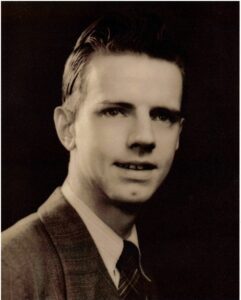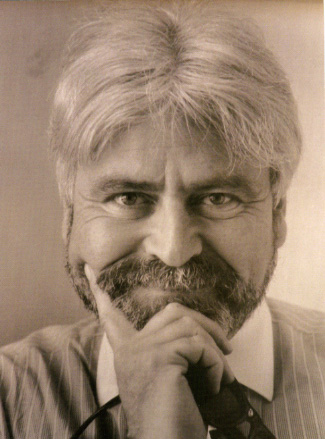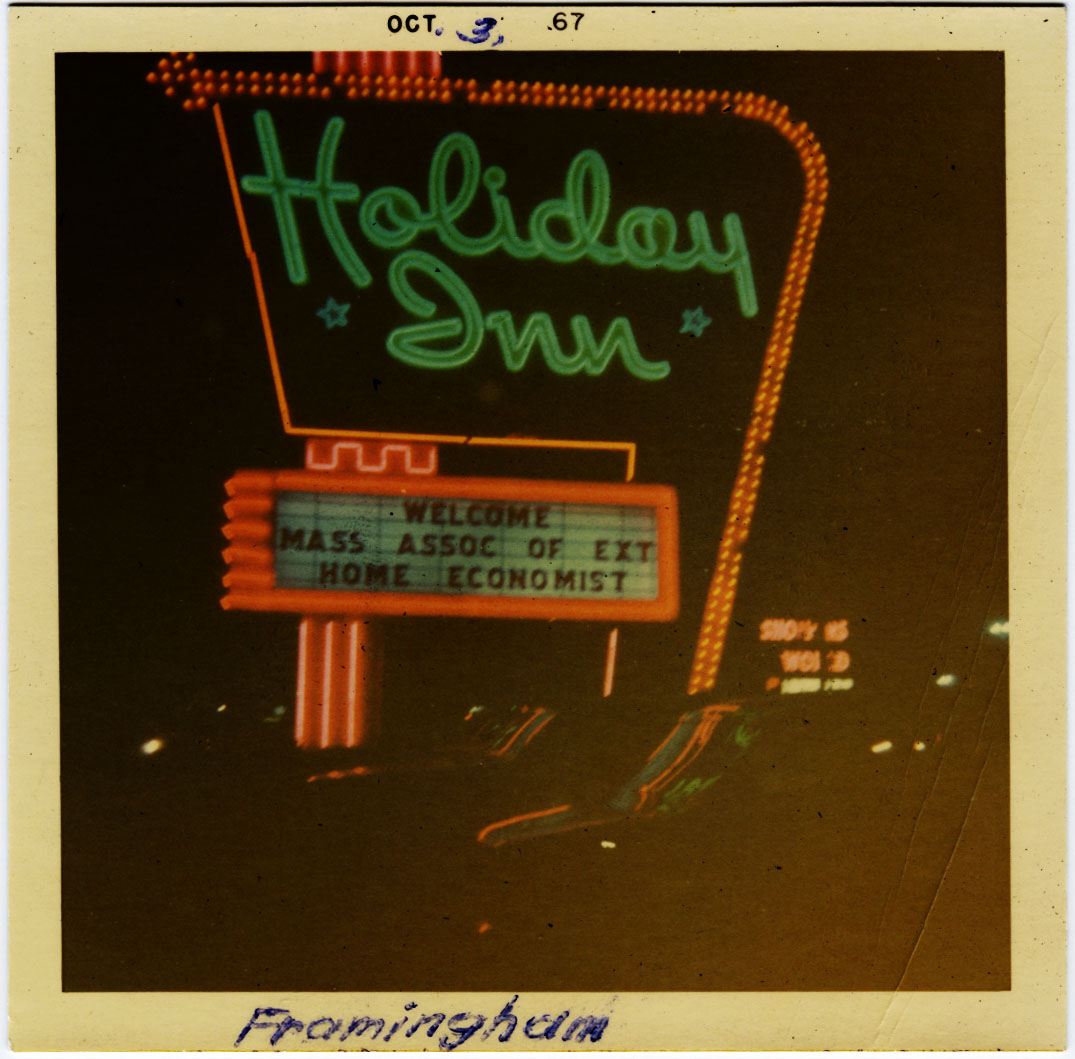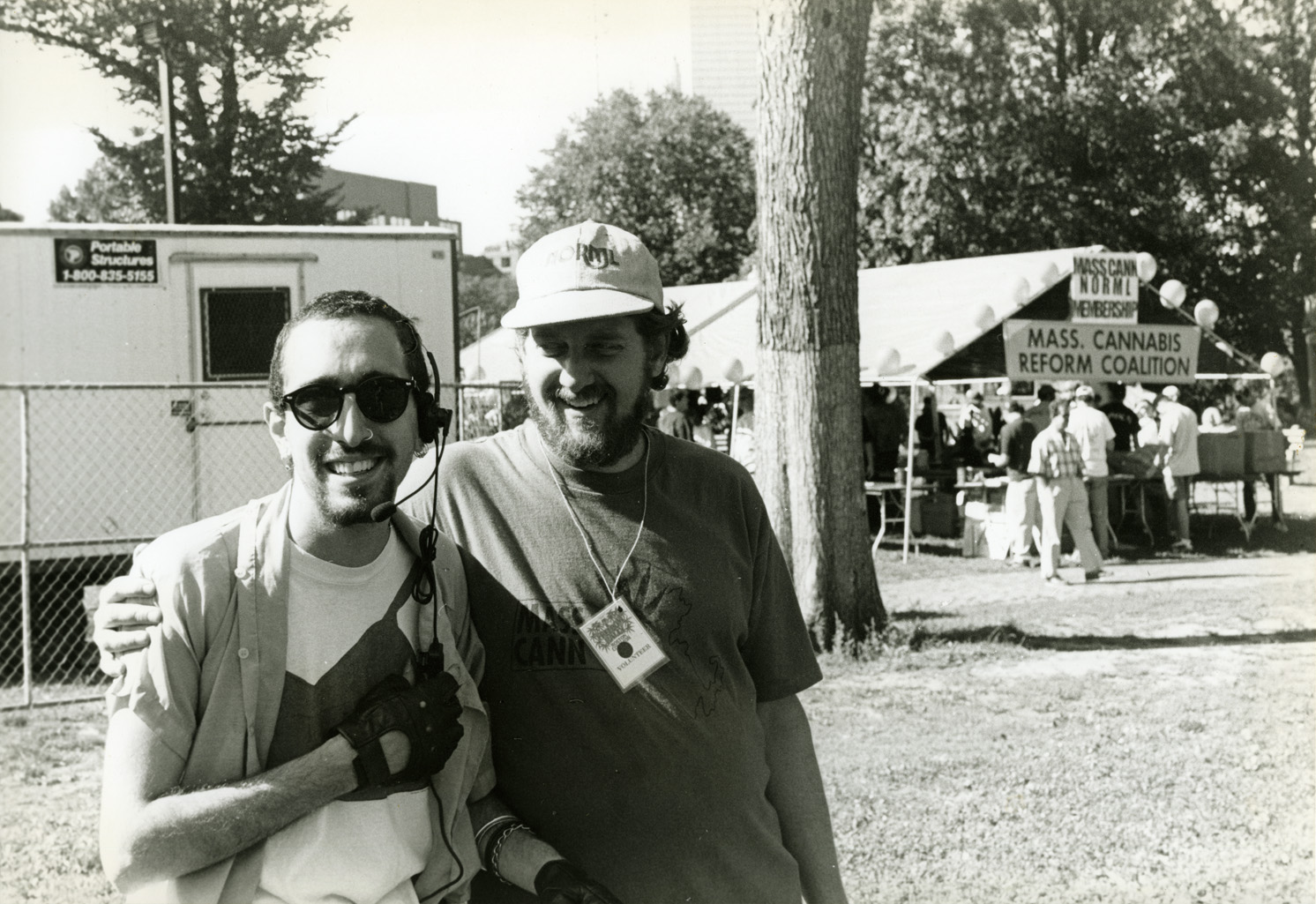John R. Marier Papers
Access restrictions: Temporarily stored offsite; contact SCUA in advance to request materials from this collection.
The environmental chemist John R. Marier (1925-1992) joined the staff of the Applied Biology Division of the National Research Council of Canada (NRCC) as a “laboratory helper” in Aug. 1943 and though entirely without university training, worked his way up to laboratory technician and, by 1967, into the ranks of professional staff. His early work on food and dairy chemistry grew into sustained research into the quantitative chemical analysis of biological tissues. Beginning in the mid-1960s, he wrote frequently on the environmental and physiological impact of fluoride, culminating in his 1971 report, Environmental Fluoride, and is noted as an important figure in raising concern over its role as “a persistent bioaccumulator.” Marier retired from the NRCC in 1985, but remained active in the field for several years, expanding into research on magnesium and its function in muscle contraction. Marier died of a massive cardiac and pulmonary failure on Mar. 4, 1992.
The Marier Papers are a particularly rich record of correspondence and notes on the impact of fluoridation from a Canadian specialist in environmental chemistry.





